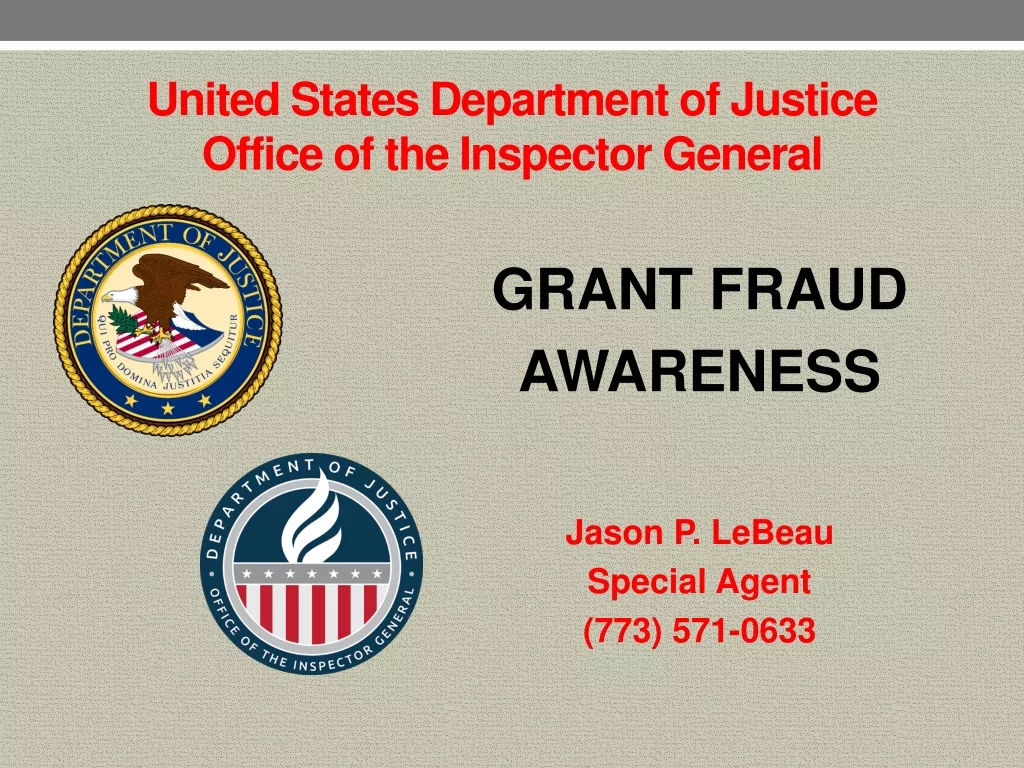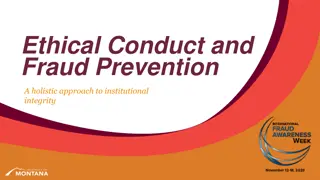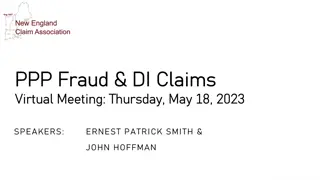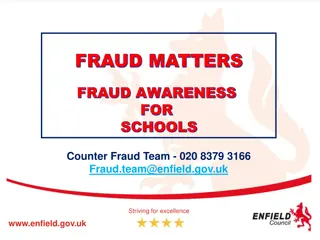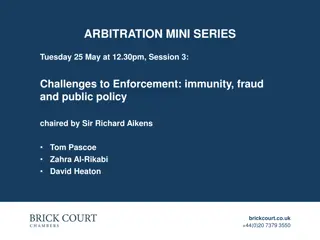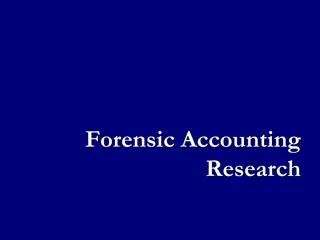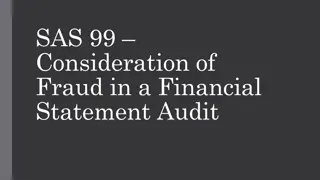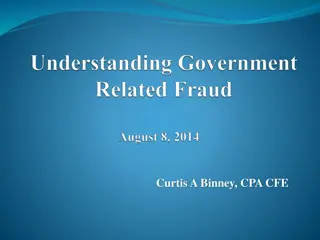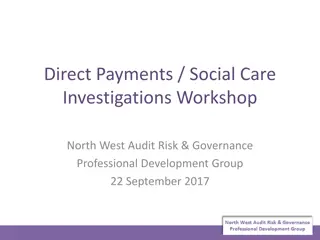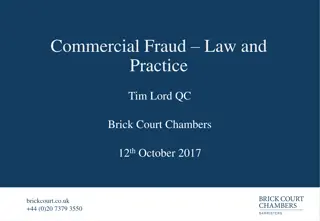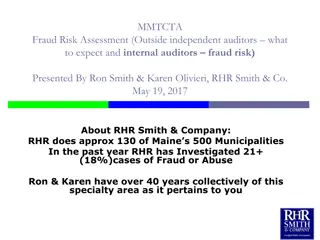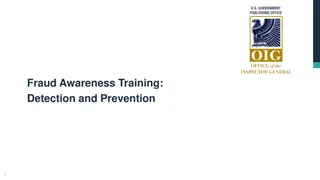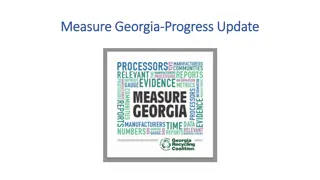Impact of Land Policies in Georgia: Headright System, Land Lotteries, and Yazoo Land Fraud
Georgia pursued various land policies post-Revolutionary War to allocate land obtained from Native Americans. The headright system granted land to soldiers and white men, aiming to boost population and state power. Land lotteries distributed land through random draws. The Yazoo land fraud scandal tainted Georgia's western territorial expansion. These policies had implications on population growth, land distribution, and state integrity.
Download Presentation

Please find below an Image/Link to download the presentation.
The content on the website is provided AS IS for your information and personal use only. It may not be sold, licensed, or shared on other websites without obtaining consent from the author.If you encounter any issues during the download, it is possible that the publisher has removed the file from their server.
You are allowed to download the files provided on this website for personal or commercial use, subject to the condition that they are used lawfully. All files are the property of their respective owners.
The content on the website is provided AS IS for your information and personal use only. It may not be sold, licensed, or shared on other websites without obtaining consent from the author.
E N D
Presentation Transcript
LAND POLICIES IN GEORGIA Evaluate the impact of land policies pursued by Georgia; include the headright system, land lotteries, and the Yazoo land fraud.
After the Revolutionary War, Georgia gained access to a large amount of land from the Native Americans who sided with the British. The land Georgia claimed stretched all the way to the Mississippi River.
Indian Land Cessions The question became what was the best way to allocate land to the people of the state
Headright System- When? February 17, 1783 passed first land act System was used from 1783 TO 1804
Headright System- Who Got Land? Soldiers who fought in the Revolution Heads of households White men over the age of 21
Headright System- How much land was given? 200 acres plus 50 additional acres of land per household member. Household members included wife, children, servants, and slaves. 1,000 acre maximum
Where? Distributed land east of the Oconee River
Headright System- Why was this system used? Wanted to give land to people who would build homes, farm the land, and defend it. Their goal was to strengthen the state and increase the population in order to increase Georgia s power in the House of Representatives.
Headright System- Why did it end? This system ended when there were too many claimants and not enough land.
Yazoo Land Fraud In 1795, Georgia s western border reached the Mississippi River and one of its tributaries, the Yazoo River.
Corrupt Government Georgia legislatures passed and the governor George Mathews signed the Yazoo Act in 1795. This act allowed Georgia to sell large areas of its western lands to four private companies. Dishonest legislators were bribed to vote for the act with gifts of stock in the land companies and the promise of large profits.
Bargain Priced Land Land companies bought 35 million acres in what would become Mississippi and Alabama for $500,000. The companies would make money by selling the land in smaller portions to individuals.
Georgians React Georgians were shocked about the bribery. They protested in the street and voted out most of the bill s supporters in the next election.
Louisville Known For The government reversed the Yazoo Act on February 18, 1796. All records of the bill were taken out and publicly burned. This is one of the most important events to take place in Louisville.
Let the Courts Decide The state refunded the money to the companies from the land sales. However, there were many people who had already bought land from the land companies and they wanted to keep it. Georgia argued that because the act had been repealed, the buyers had no right to the land. These disputes ended up in court.
Georgia as we know it today The US government solved the scandal by forcing Georgia to cede (give up) the lands west of the Chattahoochee River in exchange for $1.25 million dollars and a promise to help remove Creek and Cherokee Indians from the Georgia territories. The Yazoo Land Fraud is a reason why Georgia s western border is shaped the way it is today.
Land Lottery The final approach Georgia used to allocate land was the land lottery system. From 1805-1833, Georgia had eight land lotteries. These lotteries gave the average Georgian the opportunity to gain a large amount of land for very little money.
Land Lotteries To take part in a land lottery, a person would simply have to submit their names to the state and pay for a ticket. On the day of the lottery, the participants names were placed in one drum while the lots bearing a number would be placed in a second drum. Participants could have their name placed in the drum more than once based on characteristics such as their age, marital status, number of years living in Georgia, and war service.
Land Lotteries During the twenty-eight years in which the lottery operated, Georgia sold approximately three- quarters of the state to about 100,000 families and individuals for a very small amount of money (If someone s name was picked out of the barrel, they paid a small amount per acre or per lot) .
Gold Lottery of 1832 Paulding county was distributed in the Gold Land Lottery of 1832. It was called the Gold Lottery because the land distributed during this lottery had two veins of gold running through it. By the time the lottery was held, the gold rush was coming to an end and the state did not guarantee any gold still existed. http://www.rootsweb.ancestry.com/~gatr oup2/georgia_1832goldlottery.htm



